Frontlist | 'Open Your Eyes: An Anthology on Climate Change'
Frontlist | 'Open Your Eyes: An Anthology on Climate Change'on Jan 04, 2021
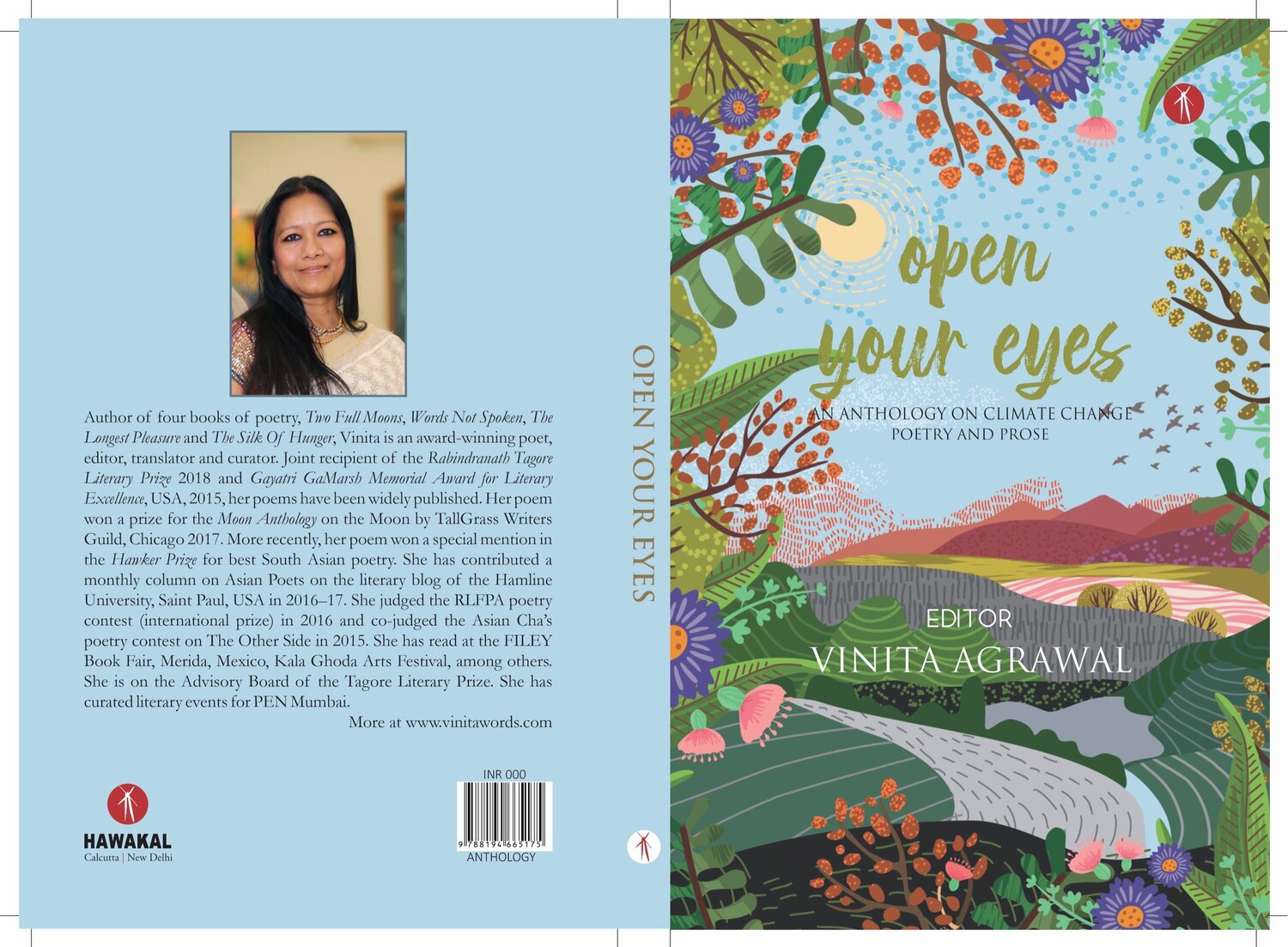
'Open Your Eyes: An Anthology on Climate Change' brings together some of India’s most well-known prose and poetry writers.
In The Great Derangement (2016), novelist Amitav Ghosh writes about how climate change – an existential concern for our times – is missing from “serious” fiction. “That climate change casts a much smaller shadow within the landscape of literary fiction than it does even in the public arena is not hard to establish,” he writes. “To see that this is so, we need only glance through the pages of a few highly regarded literary journals and reviews… It is as though in the literary imagination climate change was akin to extra-terrestrials or interplanetary travel.” Perhaps, as an attempt to correct that, his novel Gun Island (2019) focusses on the ecological and human cost of climate change. Ghosh’s lament about climate change and literary fiction can be applied to serious poetry as well, at least to some extent. It is not uncommon for some critics to trace the root of ecologically conscious poetry – eco-poetics – in British Romanticism. While it is true that Wordsworth, Coleridge and the rest were responding in some ways to the social, environmental, and political effects of nascent industrialisation in the late-18th and the early-19th centuries, critics such as Jay Parini have made a distinction between the “nature poetry” of the Romantics and the eco-poetics of Jonathan Skinner, Jack Collom, Juliana Spahr, and Forrest Gander. “Nature is no longer the rustic retreat of the Wordsworthian poet. … [it] is now a pressing political question, a question of survival,” Parini wrote in the introduction to Poems for a Small Planet (1993). Open Your Eyes: An Anthology on Climate Change falls squarely in the second category and adds to the rich body of work that engages with the greatest existential threat to the human race. “The content in this anthology addresses the crisis of water, earth, landfills, deforestation, denudation, imminent bee extinction, tsunamis, ruthless capitalism, inconsiderate fishing… pollution among others,” writes editor Vinita Agarwal in her introductory essay, ‘As the Crisis Escalates’. As she herself adds, perhaps there was no other time better than the year just passed to bring out this book. While a direct relation between climate change and the COVID-19 crisis is yet to be proved, a Lancet article from early December claims: “The climate emergency and Covid-19, a zoonotic disease, are both borne of human activity that has led to environmental degradation. Neither the climate emergency nor a zoonotic pandemic were unexpected. Both have led to the preventable loss of lives through actions that are delayed, insufficient, or mistaken.” This book performs the essential task of providing us some comfort in the annus horribilis that we have just lived through.Even someone vaguely familiar with Indian English poetry will recognize many of the names on the contents page – Ranjit Hoskote, Jayanta Mahapatra, Adil Jussawalla, Keki N. Daruwalla, Arundhati Subramaniam and Sukrita Paul Kumar, to name a few. A reader might find it a little challenging to imagine some of them writing about climate, and the techniques they employ are as varied as their body of work. Younger writers in the anthology are Rohan Chhetri, K Srilata, Sumana Roy, Saima Afreen, Rochelle D’Silva, Nabina Das, Sonnet Mondal, Suhit Kelkar, Arjun Rajendran, and Michael Creighton. It’s a shame that I cannot comment on all their poems in this review.
The song of Mahapatra’s oriel might have been silenced forever, but surely there is enough mystery and magic left in the world worth fighting for. This book does a good job of reminding us of that.
Source: The Wire
.jpg)
.jpg)
.jpg)
.jpg)
.jpg)

.jpg)
.jpg)
.jpg)
.jpg)
.jpg)


.jpg)
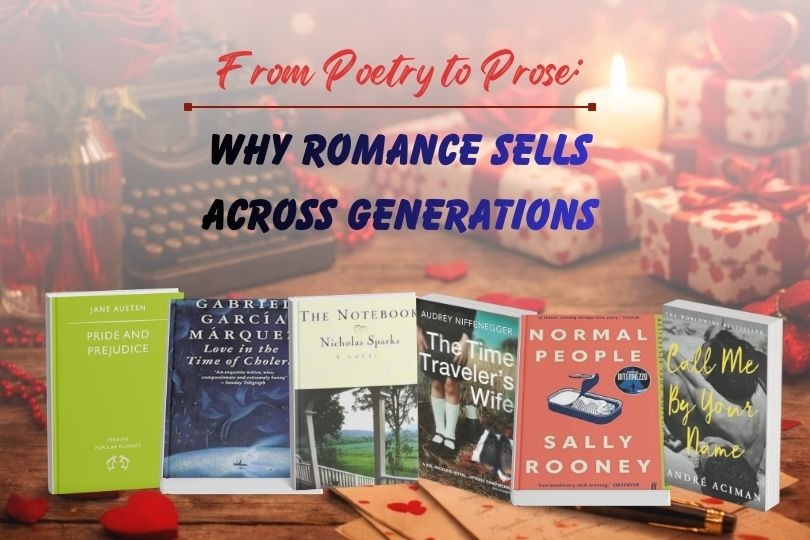
.jpg)


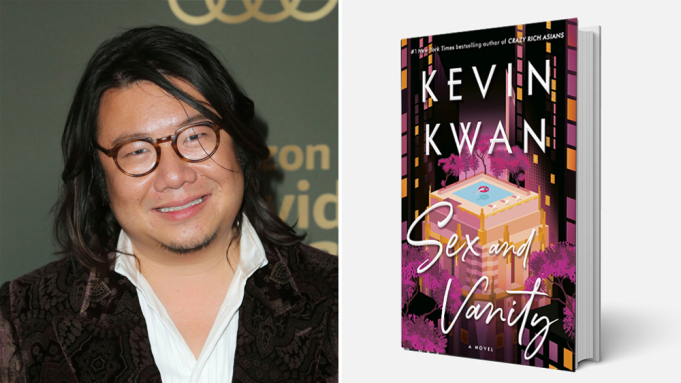
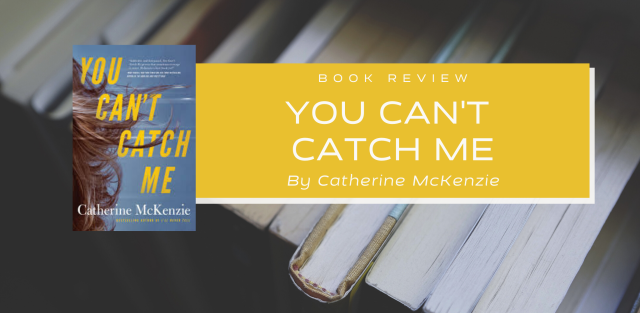
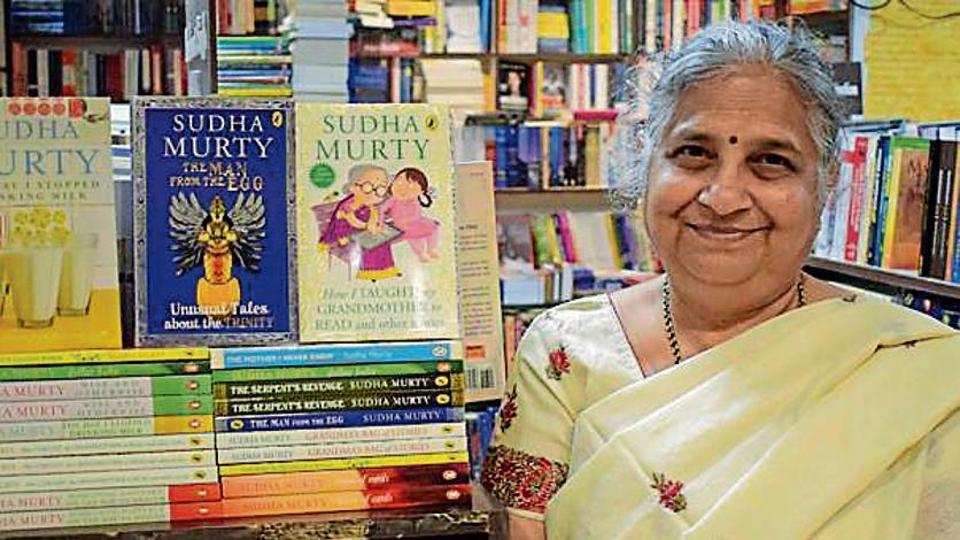
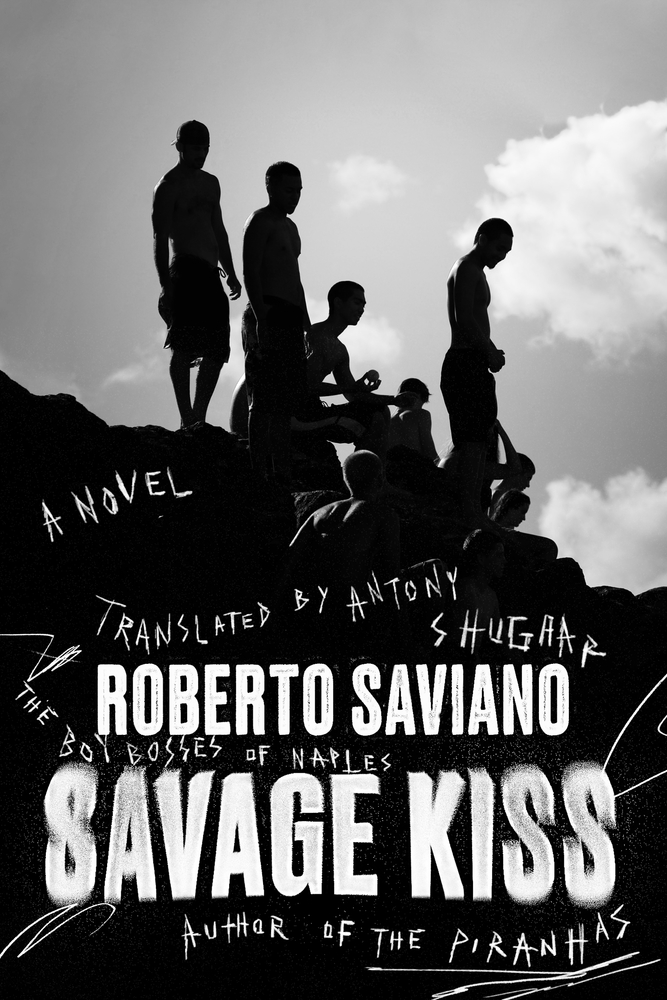
Sorry! No comment found for this post.